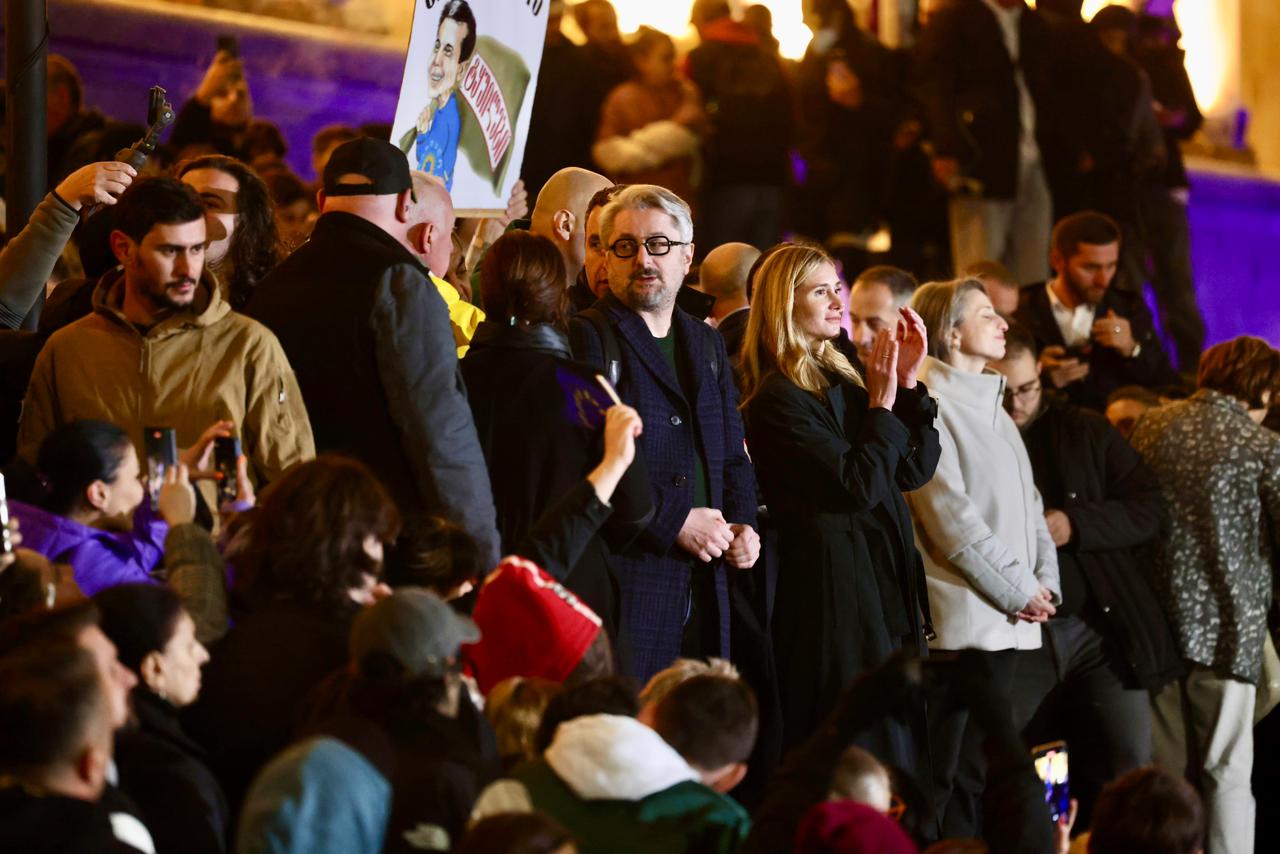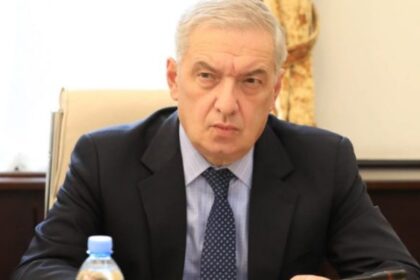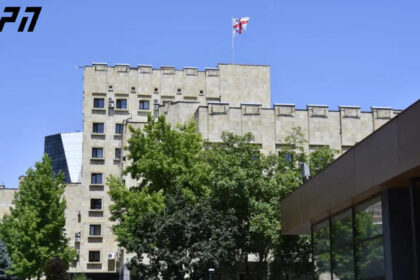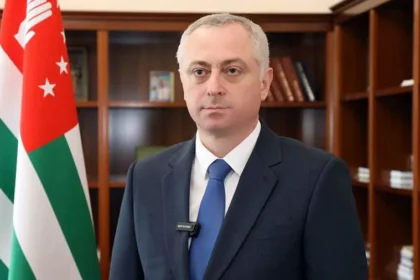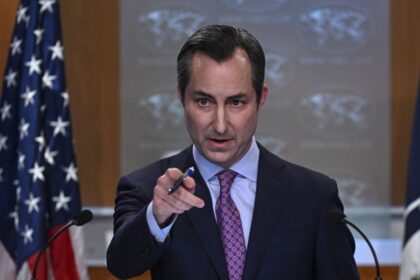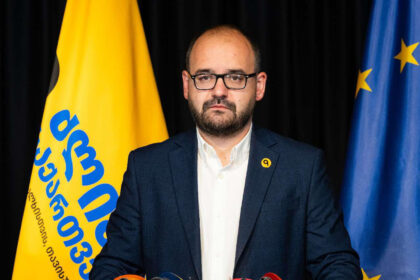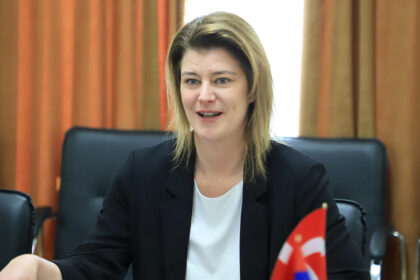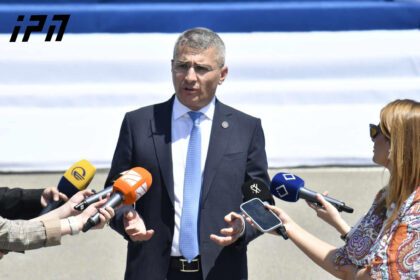**Georgia’s Opposition Leaders Jailed, Sparking International Concerns**
In a disturbing turn of events, Georgian opposition leaders have been jailed for boycotting the country’s parliamentary commission. This move has raised eyebrows at home and abroad, with many accusing the ruling government of authoritarianism.
On June 23rd, three opposition leaders – Zurab Japaridze, Mamuka Khazaradze, and Badri Japaridze – were sentenced to months in prison for refusing to appear before the Georgian Dream parliament’s temporary investigative commission. A day later, Giorgi Vashadze received the same sentence.
The opposition politicians have defied the commission’s summonses as part of their continued rejection of the one-party parliament formed after Georgia’s disputed October 26 elections. Two other politicians – Nika Gvaramia and Nika Machavariani – are also facing detention for boycotting the commission.
**International Reactions**
The international community has condemned this move, with many leaders calling for the release of the opposition leaders and an end to repressive actions against civil society, free media, and freedom of speech in Georgia.
The European Union, Norway, Estonia, Lithuania, Spain, and other countries have issued statements urging the Georgian government to respect human rights and protect democracy. The UK has even threatened to impose sanctions on the country’s ruling party.
Leading MEPs from various political groups have joined forces to condemn the move, calling for the immediate release of all political prisoners in Georgia. They also urged the EU and its Member States to take immediate action and introduce personal sanctions against those responsible for democratic backsliding.
**What’s Next?**
The situation in Georgia is becoming increasingly dire, with many fearing that the country is heading towards a one-party system. The opposition leaders’ jailing has sparked widespread protests, and there are concerns about the safety of journalists, activists, and civil society members who continue to speak out against the government.
As the international community continues to pressure the Georgian government, it remains to be seen whether this move will be reversed or if the country’s democratic institutions will be further eroded.




